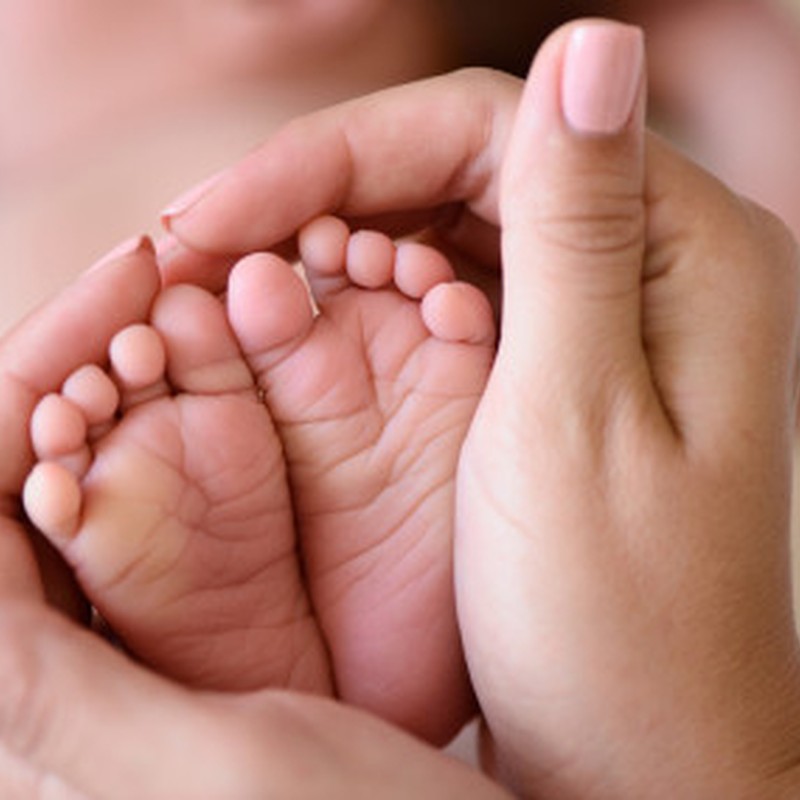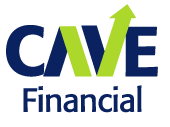Finances and Your New Baby
Mon April 8th 2019
You're expecting a new baby – congratulations! Life will never be the same, for a whole lot of reasons – one of them being your finances. Getting your budget worries sorted now will mean you can really enjoy those precious early months.
You're expecting a new baby – congratulations! Life will never be the same, for a whole lot of reasons – one of them being your finances. Getting your budget worries sorted now will mean you can really enjoy those precious early months.
Budgeting for baby
A new baby takes a lot of care and attention and one or both of you may need to reduce hours to look after your little one. Before that happens, it's a good idea to make some plans – and a budget, which can be easier with a budgeting tool.
Ask the hard questions – how much do you spend on food each week? Power, hosuing, clothing, entertainment – all these and more need investigating. Only then can you see where to tighten your belt, and practice living on a reduced income before the big day. You might even try living on one income – use the other one for paying off high-interest debt, then save what's left for post-baby expenses, a rainy day, or a big-ticket item like a roomier car.
Extra baby expenses
It's true what they say – babies need a lot of equipment! But it doesn't have to be brand-new to be useful, so don't rush out and start shopping just yet. Ask around your friends and family for advice on what your baby is likely to need, and for any baby gear they aren't using. You'll be amazed at how often the cute outfits, blankets, furniture and equipment get passed on from family to family.
If there's something particular you want for your baby, try searching online. Babies quickly outgrow most things, so there are always plenty of second hand goods that are in really good repair. Chances are, if you can't find that specialty item this week, you might find it next week.
Even with these cost-saving tips, you could still be worried about the expense of having a baby. Try the baby budget calculator developed by BNZ and Plunket, to figure out what your costs are likely to be. Sourcing great toys from your local toy library and buying nappies in bulk (or investing in cloth nappies) are just two ways of keeping the costs down.
Childcare and home help
When you return to work, childcare becomes the big expense, and that's again where family and friends are a great resource. You may know other families with young children who are willing to do swap childcare – you look after theirs one day, they take yours the next. Or if you're really lucky, you have a grandparent or two ready to be involved in your baby's life.
If those options aren't possible, and day-care is your best option, be sure to shop around. Childcare centres vary significantly in both in quality and price.
Another expense, in time and energy, is housework. If you can afford it, it could be worth the money to have a cleaner come once a week for a couple of hours. This leaves you with more time to spend on income-generating activities or on time with your baby.
What help is on offer?
There's plenty of financial support for new parents if you know where to look. We've made a list of some ways you can get help.
Paid Parental Leave (PPL)
You or your partner may be able to claim (and even share) this government-funded payment, which helps replace some of the income you lose when one of you stops work to look after your baby. In fact, a wide range of primary caregivers can apply for Paid Parental Leave, including adoptive or whangai parents, and grandparents in full-time care of a child.
The payments continue for up to 22 weeks – go to the Employment NZ website to learn more about Paid Parental Leave, find out if you're eligible and how much you could claim.
Working for Families
If you're a working family on a low to middle income, you may be able to access tax credits and assistance with accommodation and childcare through Working for Families. Go to the Inland Revenue website to learn more.
Best Start tax credit
This is a new payment available through Working for Families, for children born after 1 July 2018. It lasts up to three years, but there's a hitch: if you're on PPL, you don't qualify for Best start. Have a look at IRD's helpful booklet for more information about both, and apply for Best Start tax credits on the IRD website.
Childcare subsidy
When you go back to work and need help with childcare costs for your pre-school children, you may be eligible for a childcare subsidy from Work and Income.
Multiple births
Having twins, or maybe triplets? Don't panic – you could qualify for home help from Work and Income, that takes care of housework and cooking while you look after your little ones. It's a good idea to get your application in before your multiples arrive, so that all the processing is done and you get help as soon as they are born.
There's lots of other support, including MultiplesNZ, Plunket and various charities that are ready to help with meals, information and a listening ear.
KiwiSaver – what to do?
You may have done your budget, tightened your belts and looked into government help, all ready to greet your new family member. But don't forget to consider your KiwiSaver – here are some things to think about:
Reduce your contributions
You'll probably be living on one income for a while, so it'll be more difficult to maintain your retirement contributions. If you've been paying more than the minimum, you may could consider continuing to make payments, but reduce it down.
Take a contributions holiday
One income may not be enough to afford even 3%, so the alternative is a contributions holiday. You're allowed a break of three months, and up to five years, but only if you've been a KiwiSaver member for more than a year. Still, there's wiggle room – IRD does allow holidays of less than three months in some cases, and will also make an exception about how long you've been a member if you can show financial hardship.
Ask your employer to restart your contributions when you're ready, and if you hit another budget bump you can renew your contribution holiday, as many times as you feel you need to.
Going on Paid Parental Leave?
Did you know that your KiwiSaver contributions automatically stop when your PPL starts? You might still be able to afford contributions, so if you want to continue them while you're on PPL, contact Inland Revenue. In any case, they will start up again when your PPL finishes and you're back working.
Make starting your family a joyful experience
Having a baby is stressful enough – laundry, night feeding and lack of sleep are just the start. You won't want to be adding financial worries to the mix! When you're getting ready for the birth – baby clothes, equipment and space – it's also a good idea to take a look at your income and budget. If you think you're going to be struggling to make ends meet, don't despair. You can get the financial and practical help you need to make starting your family a joyful and fulfilling experience.
Talk to Cave Financial today about ways you can manage when your new baby arrives.

Need our help?
We're here to answer your questions.
service@cavefinancial.co.nz
09 302 7310
1D Roberta Avenue
Glendowie
Auckland 1071
New Zealand


